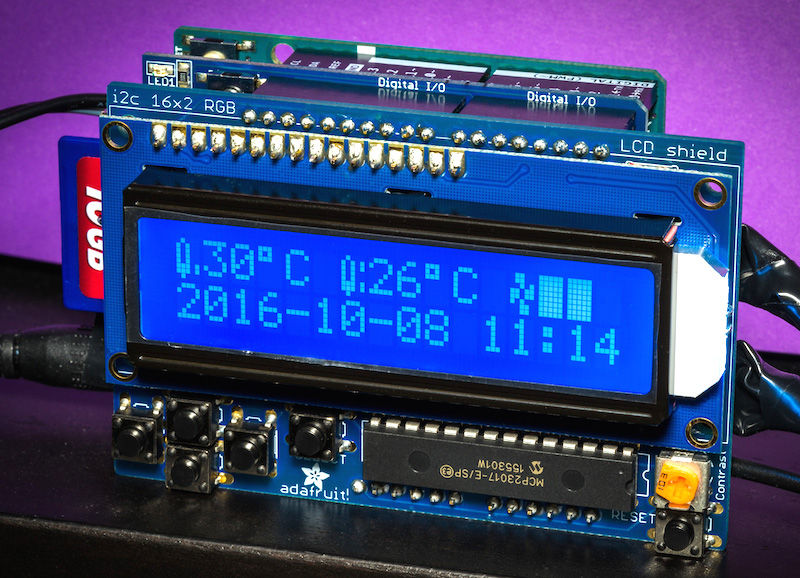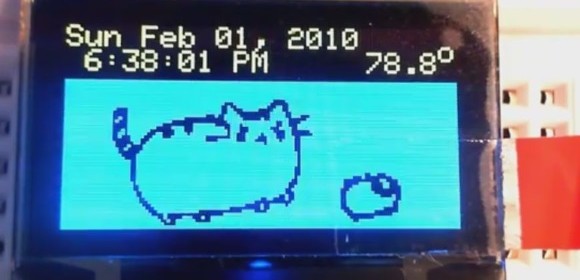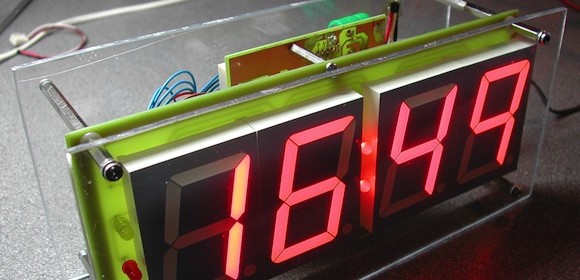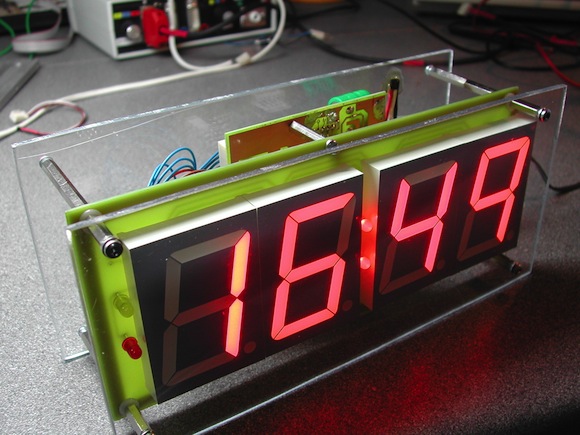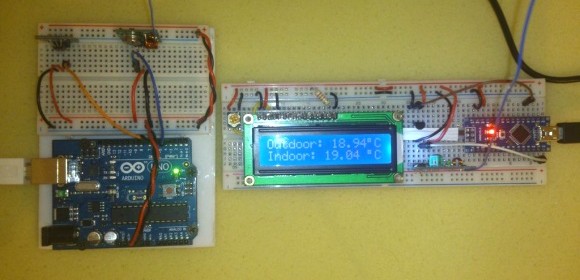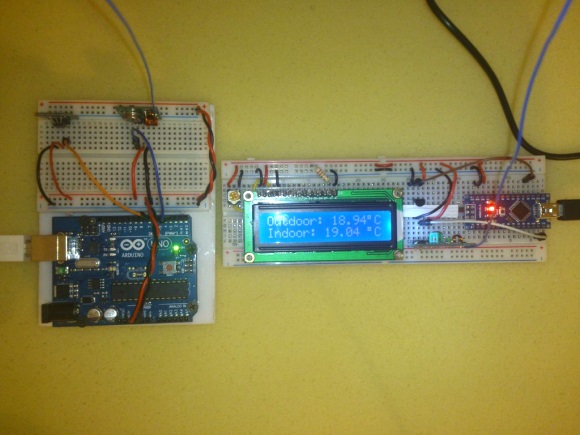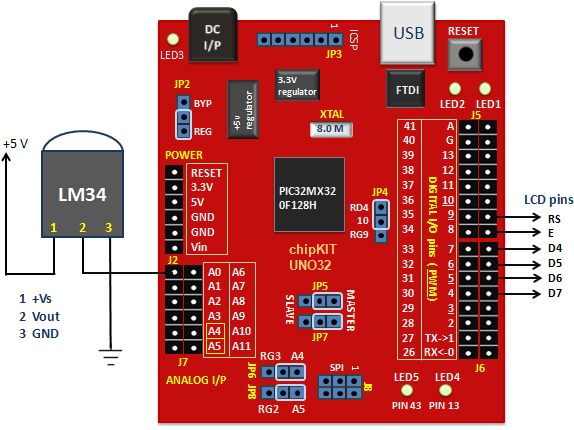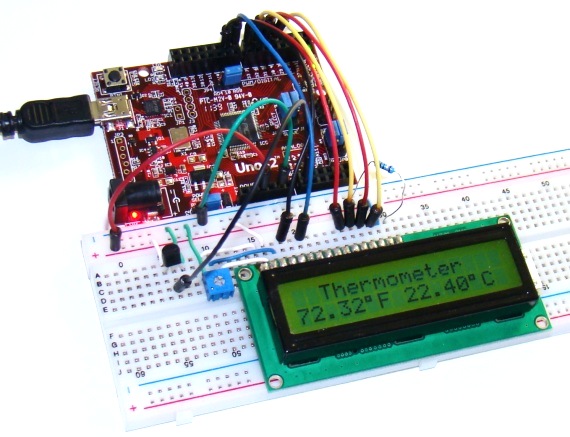Arduino Fan Controller
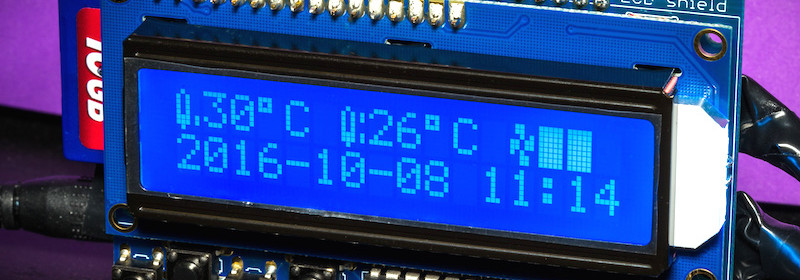
Lucky Resister‘s latest project is about an Arduino-based smart temperature monitor and pulse-width modulation (PWM) Fan Controller. It can simultaneously monitor the ambient temperature using two DHT22 sensors and control the speed of the two fans with minimal noise and at the lowest possible speed that is good enough to maintain the temperature to the desired value. The project also uses Adafruit’s datalogger shield, which contains a real time clock chip and an SD card slot, to record the sensor readings along with time stamps. An I2C LCD provides a nice user interface and displays time, temperature readings, and status of the fans.
